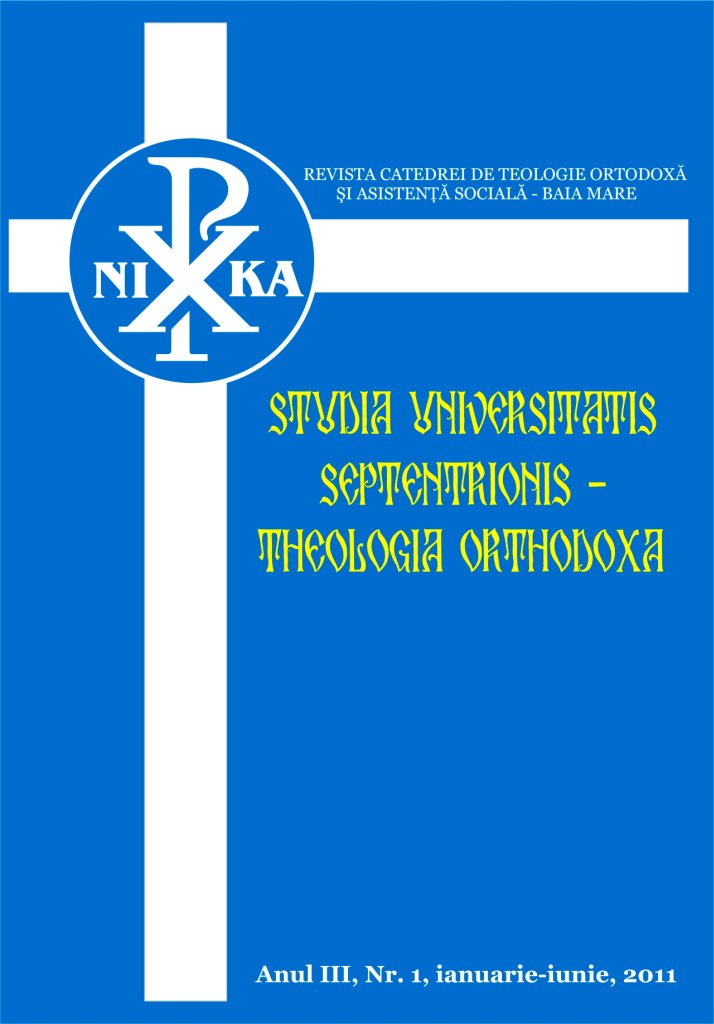Gregory of Nazianzus: The Rhetorician as Poet
Gregory of Nazianzus: The Rhetorician as Poet
Author(s): John Anthony McGUCKINSubject(s): Christian Theology and Religion, Theology and Religion, Eastern Orthodoxy
Published by: Editura U. T. Press
Keywords: Byzantium’s long history; the poetic corpus of Gregory; ascetical poems; terms of literary; Gregory’s prescripts;
Summary/Abstract: In considering the poetic corpus of Gregory, we find the same complexities of Greek sophistic context, personal and professional apologetic riposte, and intellectual acuity which characterise his Orations. The apparently ‘intimate’ nature of the psychological horizons he covers in the so-called ‘ascetical poems (Caillau’s Moralia) ought not to blind us moderns, suffering the withdrawal stages of late romanticism, to the fact that these were Aristotelian exercises in establishing the golden mean of sophistic detachment by kathartically purging excess through poetic skepsis. Gregory’s poetry has been studied so far mainly in terms of literary allusions, for the light it throws on the reception of classical texts, not least Sappho, whom Gregory quotes more than any other Christian writer (another surprising aspect of this extraordinary monk). The inspiration which poetry claimed for itself in the Greek world, is categorised by Plato as a type of mania which is unacceptable to the philosopher, and incapable of providing insight to the true noetic realms. If this seems to us a monumental claim, it is one that has to be contextualised in the light of Byzantium’s long history of a revision of Hellenic Paideia which more or less exactly followed Gregory’s prescripts, and enthroned him as a poet-rhetor, not to the exclusion of the old writers (which it had never been his intention to suggest) but alongside them, and in many cases above them.
Journal: Studia Universitatis Septentrionis. Theologia Orthodoxa
- Issue Year: III/2011
- Issue No: 1
- Page Range: 49-69
- Page Count: 21
- Language: English

